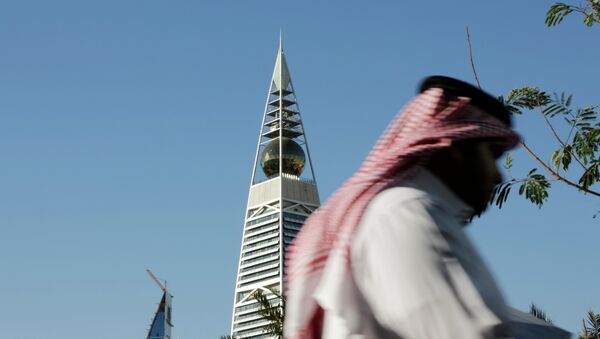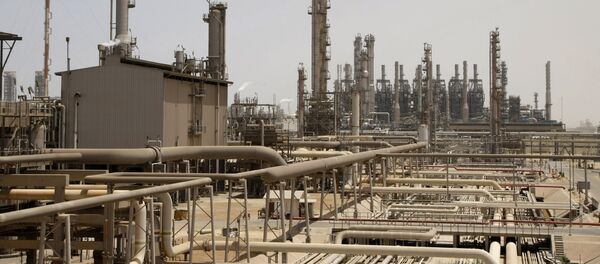After King Salman assumed power Saudi Arabia made significant changes to their once cautious and deliberative political course carried out by his predecessor, King Abdullah. The new doctrine is characterized by a more assertive and militarized approach to regional conflicts, including the Saudi-led intervention in Yemen.
Mohammed bin Salman is also Saudi Defense Minister and a very influential person. He has been in charge of the intervention in Yemen and overseeing the formation of alliance to liberate Raqqa from Daesh.
However, economic difficulties stemming from low oil prices have forced Saudi Arabia to scale back its political ambitions in the Middle East, analyst Frederic Wehrey said.
"Overall, a series of erratic and in many cases counterproductive swings in policy under King Salman and his headstrong son are not signs of a confident state. Rather they are the outward projection of a troubled dynasty’s anxieties about succession and looming social and economic challenges, along with an array of regional threats," he pointed out.
Moreover, now there is a testy moment for ties between Washington and Riyadh, analyst Perry Cammack noted.
King Salman failed to adapt his policy to the detached character of Barack Obama’s strategy in the Middle East. And there are no guarantees that a new US president will return to the old paradigm.
"The United States provided for the kingdom’s security in exchange for stability in the global energy markets, will likely be disappointed. The United States is no longer so dependent on Saudi oil, and the American public has no desire to return to a regional policeman role. Meanwhile, the Saudis feel abandoned, and even betrayed, by Washington’s tentative engagement with Tehran," Cammack explained.
The current low prices are a significant part the result of Saudi Arabia’s strategy to "pursue market share over price stability," energy expert David Livingston said.
This move was announced at the November 2014 OPEC meeting. The approach proved effective: Riyadh increased its market share, and costly oil projects in other parts of the world were suspended.
In April, the International Monetary Fund (IMF) estimated the reserves at nearly $592 billion which will be enough for several years.
However, this fact questions the efficiency of Saudi Arabia’s economic models as well as its historical preeminence in the global oil market.
Another problem is that Riyadh is losing its share in key markets, including China, India and the US.
"Riyadh’s entrée into these markets is threatened by Tehran’s aggressive discounting; Iran is seeking to return to the global market at any cost to reassert what it views as its traditional role," Livingston pointed out.





